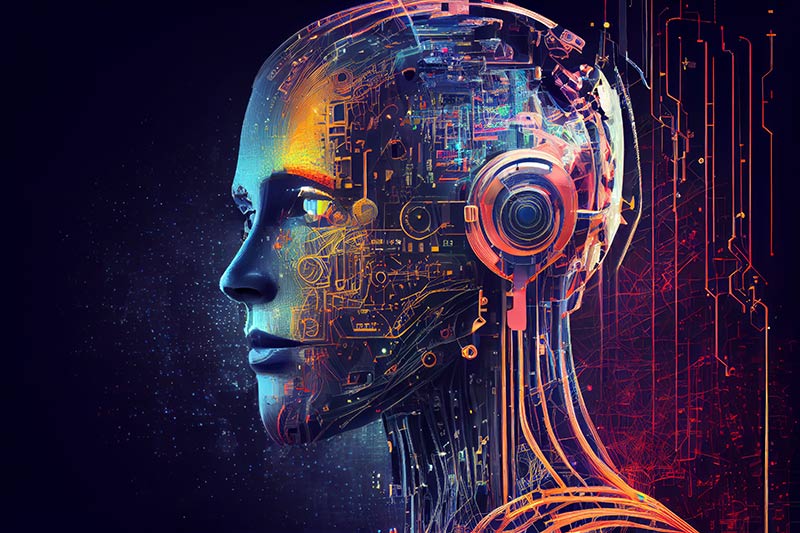Development of a machine learning-based methodology for semantic matching of model-based systems engineering sketches
- Subject:Machine Learning, Similarity Matching, Siamese Networks, Model-based Design
- Type:Masterarbeit
- Date:ab 08 / 2024
- Tutor:
Development of a machine learning-based methodology for semantic matching of model-based systems engineering sketches
Context
Model-based development is an indispensable pillar in the development of safety-critical technical systems. There is a wide range of modelling tools, such as UML and SysML representations - each company uses a different approach. However, a suitable description of the respective system in the programmes provided for this purpose takes up a not inconsiderable part of the development time. However, cooperative and creative brainstorming usually takes place in other places: in the meeting room at the whiteboard, or in the coffee kitchen with a sheet of paper. First creative models are usually not yet strictly semantically complete. Afterwards, the sketch must be painstakingly remodeled in a tool and the semantics finalized. How can this gap be closed? For the design of websites, research is being conducted into the use of machine learning methods to recognize website elements, extract text, and thus move directly from the sketch to the HTML code (https://www.microsoft.com/en-us/ai/ai-lab-sketch2code).
In this work, a similar approach shall be explored: Sketch2MBSE. A machine learning model is to be developed that enables similarities between sketched symbols and the formal representations, for example through Siamese neural networks. In this way, the respective semantics of the model can be guaranteed and a considerable amount of time is saved in complex projects due to the gain in creativity and cooperation that is made possible.
Goals
- Overview and research on matching ML-based methods
- Conceptual design for the development of a matching model for model-based development
- Research and selection of a suitable graphical or textual modeling language / tool for automatic generation of matched models.
- Implementation of the designed concepts
- Evaluation of the designed concept using a suitable test pipeline
Requirements
- Interest in machine learning and model-based design
- Solid programming skills (Python/C++)
- Reliable and independent way of working



